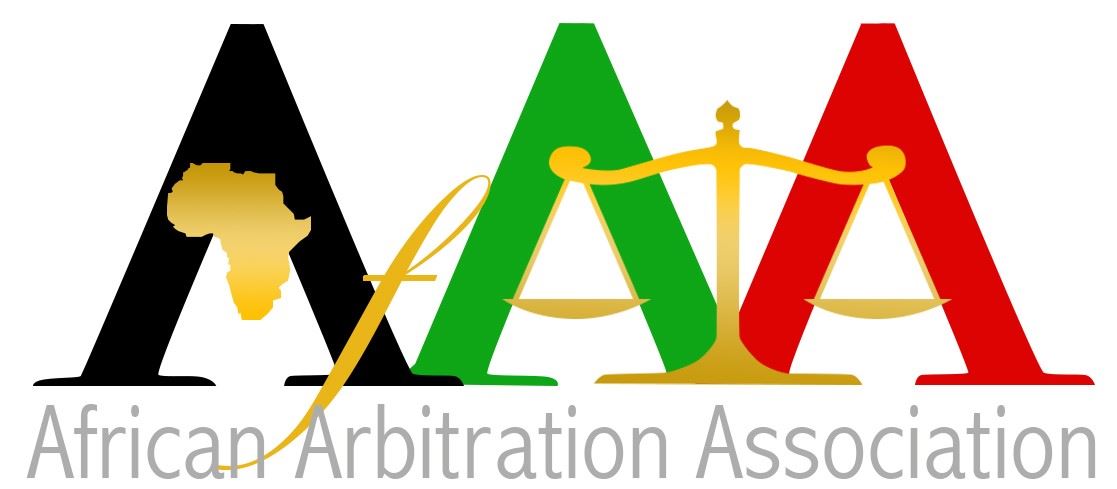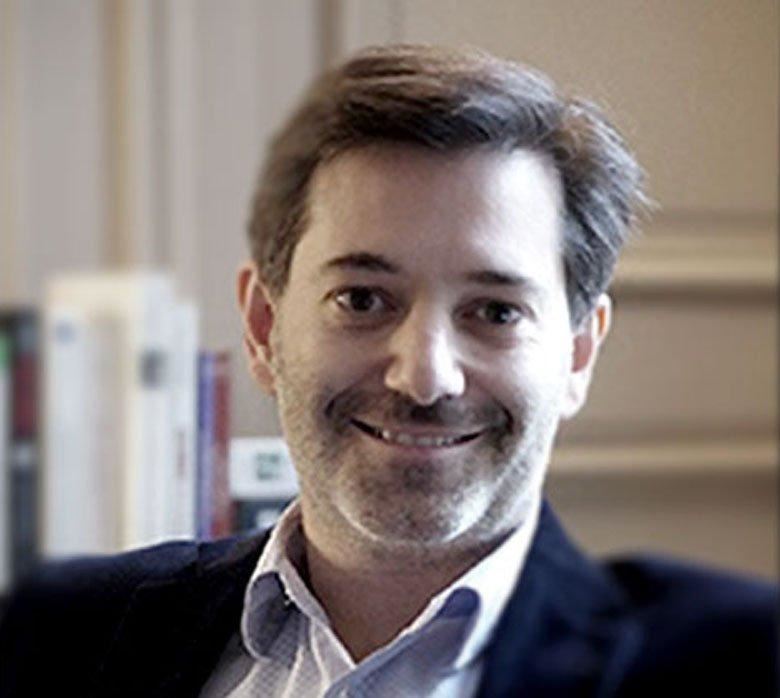arbitration / adr news
Sunrise lawyer issues deadline to Nigeria over Mambilla $200m settlement 23 April 2020
Nigeria must commit to paying $200 million settlement claims to Sunrise Power over the Mambilla power project by Friday, April 24, or face the consequences, the company’s lawyers have warned. TheCable reported on Wednesday that President Muhammadu Buhari has declared that Nigeria does not have the money to pay Sunrise to withdraw its $2.354 billion claim against the country at the International Chamber of Commerce (ICC) in Paris, France, over an alleged breach of contract. Also joined in the arbitration by Sunrise is Sinohydro Corporation Limited, the Chinese company currently handling the project. Sunrise Power Transmission Company of Nigeria Ltd (SPTCL) dragged Nigeria to arbitration in October 2017 seeking the award for “breach of contract” in relation to a 2003 agreement to construct the 3,050MW plant in Mambilla, Taraba state, on a “build, operate and transfer” basis. Representatives of the federal government and Sunrise agreed on a $200 million “full and final payment” in November 2019 for the arbitration to end. However, when Abubakar Malami, the attorney-general of the federation (AGF), sought the approval of the president for payment via a memo dated March 26, 2020, the president told him plainly that the federal government does not have the money to pay. The country is faced with a fiscal crisis as crude oil prices have crashed amidst the COVID-19 pandemic. In a swift response, Jérémie Chouraqui (pictured), the legal counsel to Sunrise, has written to the lawyers of the federal government to warn them about the consequences of not abiding by the agreement to which an addendum was signed on March 26. It is provided in the addendum that if Nigeria defaults in paying the agreed $200 million as scheduled, there would be a penalty. The original agreement stipulated that if Nigeria defaulted, there would be a penalty of 10 percent in addition to the restoration of Sunrise as the local partner in the $5.8 billion hydroelectric project. In the addendum, the two conditions were withdrawn in favour of a $200 million fine and a compounded interest of 10 percent. Chouraqui, in his warning letter sent on Wednesday, reminded the lawyers that the agreement signed on January 21, 2020 provided for the payment of $200 million on or before February 4, 2020 against the withdrawal of Sunrise’s claims in the arbitration. He also said following the failure of Nigeria to make the said payment, the two parties entered into an addendum to the transaction which revised the payment schedule. Under the addendum, Nigeria was to pay $100 million on or before April 23 and the balance of $100 million within four months of the first payment — on or before August 23, 2020. The lawyer noted that the federal government is yet to fulfil its financial obligations as agreed. “In line with the provisions of the Transaction, we request your agreement to file a joint letter to the Arbitral Tribunal requesting it to issue a consent award in line with the terms of the Transaction and the Addendum. Once issued and only when issued, this consent award would supersede the Transaction and the Addendum and end SUNRISE’s current US$2.35 billion claim against FGN and SINOHYDRO,” he wrote. “Should your client refuse to issue such joint request for a consent award and/or fail to make the payments it is obliged to make under the Transaction and the Addendum, SUNRISE will resort to all available means to obtain satisfaction, including but not limited to the prompt enforcement of the Transaction and the Addendum against FGN and the pursuit of the Arbitration against Sinohydro and FGN, until full enforcement of FGN’s obligations. “In views of the current deadlines, we would request an answer on or before 1pm (CET) on Friday 24th of April 2020. In the absence of response, we will consider that your client refuses to make a joint request for a consent-award and will draw all consequences and SUNRISE will pursue any or all of its other options. SUNRISE fully reserves all of its rights.” Source: The Cable |

